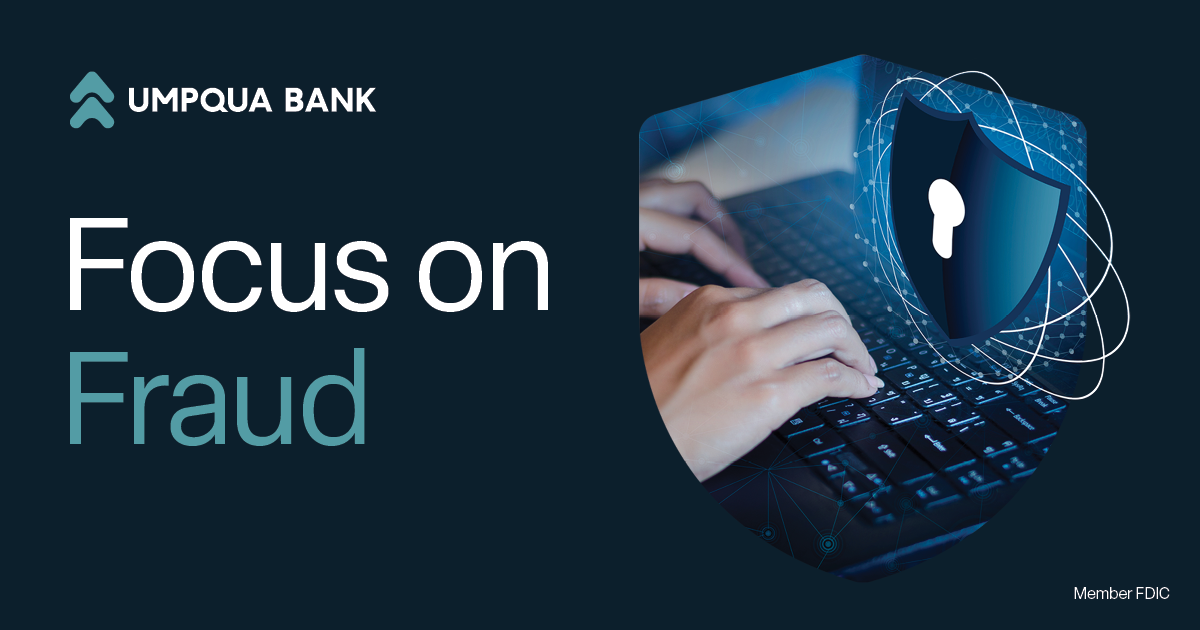Focus on Fraud: External Transfers

Criminal activity involving Zelle® payments and external transfers is on the rise. We’ve seen an uptick in losses from scams that aim to misdirect your payments or trick you into sending money to a fraudster. Unfortunately, once it is sent, this money is often difficult or impossible to recover.
How do these scams work?
- Imposter scam: The scammer pretends to represent law enforcement, a utility company or government agency to trick someone into sending money. Remember, these entities will not ask for payment via Zelle® or external transfer.
- Bank Impersonation scam: The fraudster calls the customer, claiming to be a fraud prevention specialist. They use a spoofed phone number to look like the call is coming from the bank then persuade the victim to share their password, and next their one-time passcode, enabling them to send money from the victim’s account to theirs using Zelle®.
- Online selling scam: The scammer sets up a fake website, with fake ads and fake reviews, and Zelle® as the payment method. Or they may claim to have a puppy, tickets or other item for sale, often at a price that is too good to be true. Remember, Zelle® has no purchase protections. Always confirm that the business has been verified, and where possible use your credit or debit card.
If I’m a victim, can I get my money back?
If someone accessed your account and stole money or sent it without permission, this is unauthorized activity and fraud. Immediately report it to your bank to help limit your losses and liability. Because you did not authorize a payment, you are typically able to get your money back after reporting the incident.
A scam, on the other hand, is when you were knowingly involved, even if under false pretenses. You authorized a payment to be sent. So even though you didn’t receive the goods, service or result you expected, you may not be able to get your money back.
 |
Visit our Security Center todayLearn five SMART steps to take, helpful tips and more. |
What can I do to protect myself?
- Always review the full text of the messages you are receiving from your bank. If you should not share it, your bank will include language not to share the passcode.
- Double-check your notification settings for external transfers to ensure you get alerts for every complete, failed or cancelled external transfer. If you receive an alert for an unfamiliar transaction, contact your bank as soon as possible.
- Be wary of strangers asking for your credentials, phone number or email address. Phishing scammers send legitimate-looking emails or texts to trick you into revealing your PIN or password.
- If you receive a message about your account or discover unauthorized payments, contact your bank directly. Never click a link in a text or email.
- Trust your instincts. Is an external transfer the only accepted method of payment? Is the demand for payment urgent? Most legitimate transactions allow multiple payment options, and the timing will be reasonable.
Fraud can happen to anyone. If you think you’ve been a victim, call Umpqua Bank immediately at 866-486-7782. And check out our other Focus on Fraud topics below, including how AI is changing the look of financial fraud.






